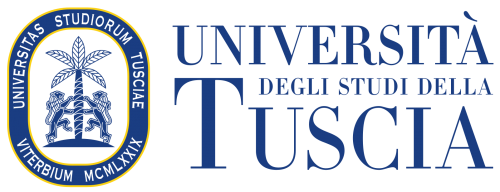The first project under the new Fusenet PhD initiative Fusion PhDs for M.S.c. fusion projects !
OVERVIEW
Electromagnetic loads generated during off-normal plasma scenarios are one of the major concerns in the design phase of fusion devices. The induced current, that contributes to the generation of these loads, is very sensitive to the component’s physical properties such as the electrical resistivity. In this context, a tool for the evaluation of equivalent resistivity useful in 2D and 3D electromagnetic FEM analysis is needed. In fact, the focus of this proposal is to simplify the modelling phases of complex components preserving a high degree of detail in the evaluation of the electromagnetic loads. This procedure will integrate with the UNITUS recently developed methodology based on the use of MAXFEA code in combination with ANSYS APDL. This specific coupling tools procedure was applied to study the electromagnetic behavior during a plasma disruption for fusion device such as DTT, DEMO or ST40.
Objectives-GOALS
- Build an understanding of the electromagnetic loads physic phenomenology;
- Derive an analytical model to evaluate the equivalent physics properties (equivalent resistivity);
- Develop a useful tool procedure to simplify the modelling phases;
- Create models that compare accurately the results obtained between 2D and 3D analyses;
- Integrate an existing procedure (UNITUS tool) with the proposed project;
- Sensitive analysis on the components typology of interest;
- Benchmark with the standard methodology used
Approach / Tools
- Software to be used:
- ANSYS, MAXFEA, 3D CAD;
- Coding languages:
- MATLAB, APDL code
- Familiarize yourself with the theory behind;
- Learn the use of the UNITUS tools;
- You will develop a numerical model using MATLAB, ANSYS APDL and MAXFEA.
Student Profile/Requirements
- High motivation and interest in the nuclear fusion research;
- Experience in ANSYS, MATLAB and MAXFEA (optional);
- Ideally, experience in teamwork;
- Preferably understanding the basics of electromagnetism and nuclear fusion topics.
Possible to apply for funding at https://fusenet.eu/education/support

